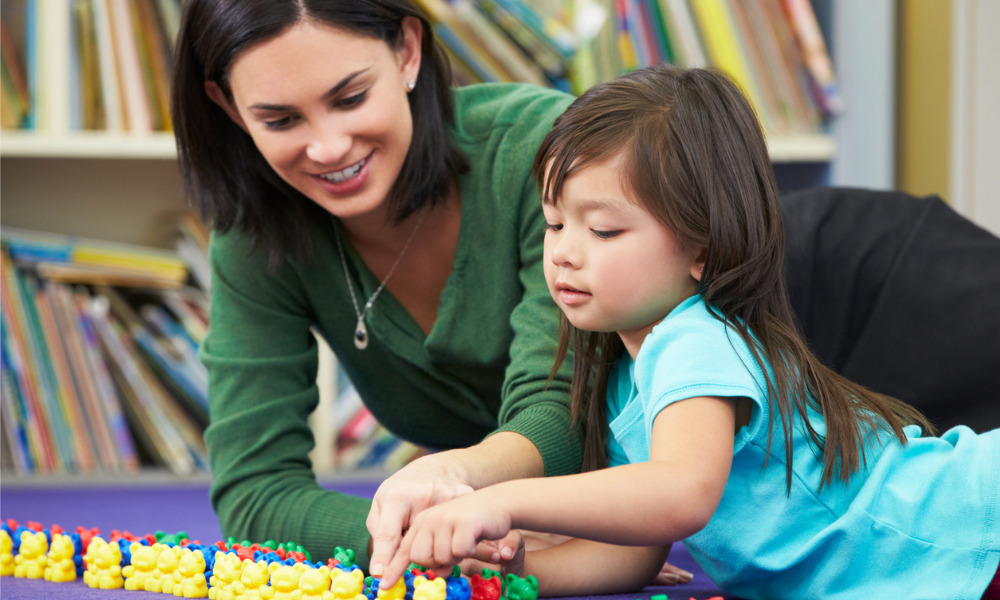Experts in early childhood education have long debated the merits of play-based learning versus those of more traditional teaching methods. The conversation has often focused on open-ended, or free play, rather than guided play, which uses games or other playful techniques overseen by a teacher to help children achieve learning goals.
A new study compared the effectiveness of guided play with that of traditional teaching methods for developing important skills such as reading, socializing, critical thinking, and math. The study findings suggest guided play can support important parts of young children’s learning and development as well as, or sometimes even better than, traditional instruction.
The researchers, from the University of Cambridge in the United Kingdom, believe their findings could have important implications for early childhood education policies and curricula. “Although questions remain about how we should use guided play in classrooms, there is promising evidence it actively enhances learning and development,” Paul Ramchandani, co-author on the study and a professor at the University of Cambridge, explained.The gentle prompting that is part of guided play may be particularly effective at teaching children the logical steps necessary to work through math problems.
Guided play had a greater effect on helping children develop math skills (g=0.24) and knowledge of different shapes (g=0.63) than traditional instruction. It was also better at helping them learn to switch between tasks (g=0.4). And compared to free play, guided play was better at helping children develop a vocabulary to describe the position of objects relative to each other in a space (g=0.93).
The gentle prompting that is part of guided play may be especially useful for teaching children the steps in logic that are necessary when working through math problems, the researchers say. The hands-on learning that is also often involved in guided play may also be important.
“Abstract mathematical concepts often become easier to understand if you are actually using them in a playful context or imaginary game. One reason play matters is because it supports mental visualization,” said Elizabeth Byrne, a co-author and research associate at the University of Cambridge.
Guided play may have a positive effect on children’s confidence, motivation, persistence and creativity, all of which support educational progress. Researcher Christine O’Farrelly, the corresponding author and a member of the faculty of education at Cambridge, suggested that it may be that playful activities benefit learning because they give kids guided experience with skills like persistence which are fundamental to all learning.
The study is published in Child Development.





